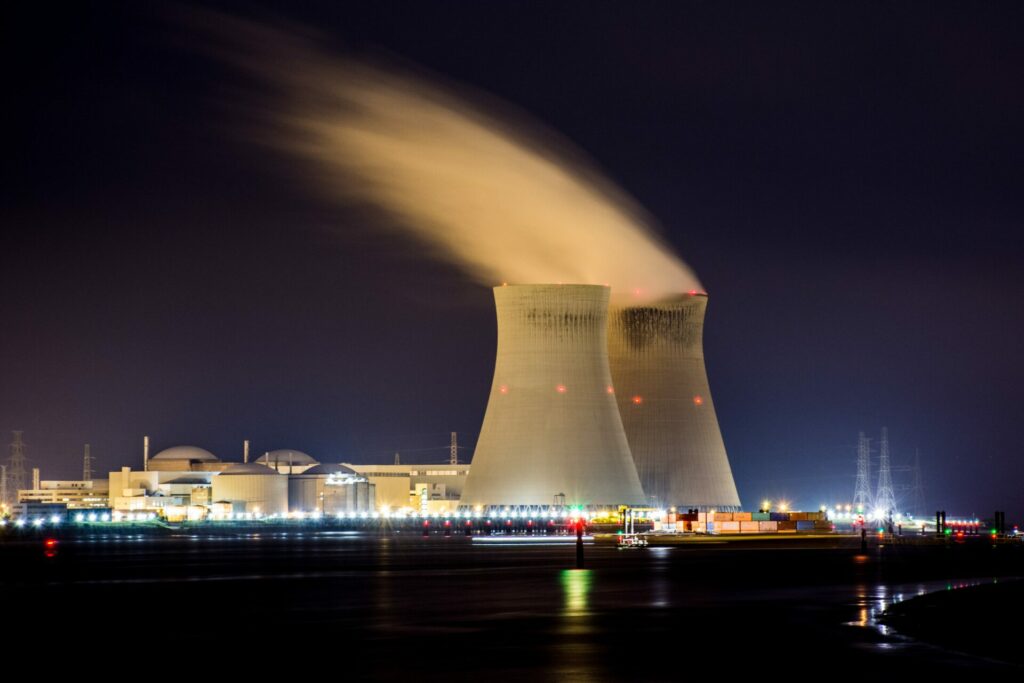France faces a high chance of electricity shortages and is not ruling out controlled blackouts this winter, according to Joannes Laveyne, a researcher at the electrical energy laboratory at Ghent University.
As the gas price in Belgium breaks record after record, France is also dealing with exceptional rates for electricity – something that is unprecedented in high summer.
"This morning, prices rose to €1,200 and even to €2,200 per megawatt-hour (MWh) for variable electricity," Laveyne told VRT on Thursday. "In Belgium – and in Germany – it is not so bad: the prices are between €500 and €600 per MWh. By comparison, before the energy crisis, a normal price was around €40 per MWh."
Translation of tweet: "This is wild. One country will pay €1,230/MWh and €2,239/MWh this winter for baseload and peakload electricity respectively. The other €603 and €767. One country is France, the other Germany. No, not the other way round."
While electricity bills for households are going up in France, they are not skyrocketing as they are in several other European countries. "France is a special country in that respect: three-quarters of residential customers have a regulated tariff there, where they pay a maximum rate. Their bill might double, but it will not suddenly become 10 or 20 times more expensive."
This is because it falls on the state-owned electric utility company EDF (which produces the electricity) to pay the extra costs. "These amount to between €8 and €15 billion. Which will, of course, be included in the tax notice."
Putting regions in the dark
According to Laveyne, the sky-high price hikes have been exacerbated by the fact that more than half France's nuclear power stations (which normally provide over 70% of electricity) are out of operation – partly for maintenance, partly to address potential compromises to their safe operation, and partly because water levels are too low on the rivers where they are situated to keep the reactors cool.
"EDF is doing everything possible to get as many power plants back on by the winter, but there is a lot of uncertainty for the time being," he said. "There is a high chance that there will be a shortage of electricity."
Because of that, economic shutdowns are "as good as certain," said Laveyne. "Companies will close down temporarily because electricity will become simply unaffordable. The government will have to resort to controlled blackouts: regions will be put in the dark for an hour, for example, to save power."
While purposefully shutting off electricity sounds drastic, controlled blackouts help prevent unexpected outages – which would have far more serious consequences and even affect other countries.
Related News
- Belgian electricity prices set new records
- Gas and electricity consumption drops heavily as prices skyrocket
- Drought and heat have far-reaching effects on human activity
An unexpected outage "could pose a threat to Belgium and Germany, as we are interconnected with a high-voltage line," said Laveyne. "In the worst case, we and other European countries would also be left in the dark. I am not saying that will happen this winter – the chance is very small – but as far as France is concerned, we have never been closer to a blackout."
As for the gas supply in Belgium, no problems are expected, but Laveyne fears that the prices will likely climb even higher. "Due to the drought, nuclear power stations can produce less electricity, less coal can be transported over the Rhine, and so on. All this means that gas plants have to run more and therefore use gas that would normally be stored in the reserves."
"The way it looks now, prices will remain high throughout the winter and beyond. That is bad news for the energy bills of families, but certainly also for those of industry. It will not be a warm winter."

